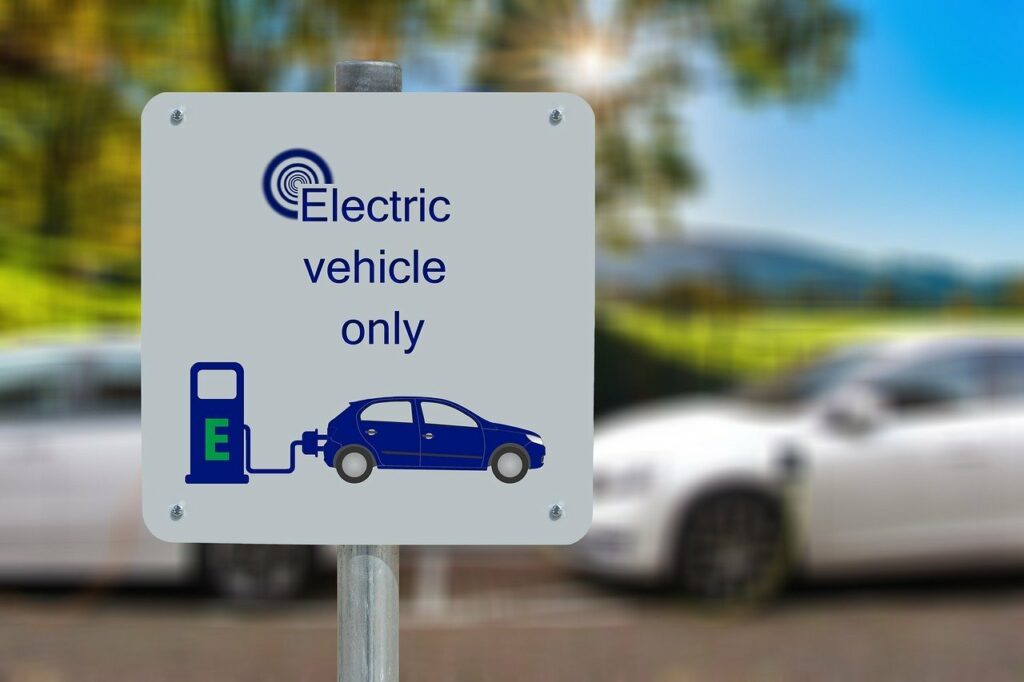UK businesses are set to almost double their investment in electric vehicles (EVs) in the next two years, but concerns about costs remain.
According to a new survey by Centrica Business Solutions, nearly half of businesses are planning to install onsite charging points in the next two years to support this uptake. But 28% of those surveyed hadn’t begun to invest in energy technologies to support these, such as rooftop solar panels.
The cost of adoption of EVs remains the biggest concern for businesses, with 44% listing it as a concern, compared with 42% for range anxiety and 37% concerned about the increased energy costs of EVs on the companies premises.
Two thirds of businesses want to see tax subsidies and a continuation of grants to support the adoption of EVs, whilst 48% of respondents thought further investment in public charging policy should be the government’s main priority to ensure people are not deterred due to the cost of EVs.
This ties in with plans for the Benefit in Kind (BiK) tax for EVs to be reduced to 0% next month, which is expected to drive fleet adoption.
Despite such concerns however, businesses are expecting to increase their investment in EVs by 46% over the next two years, to £12 billion. This is a marked increase from the estimated £8.2 billion spent over the last two years, driven by the government’s announcement it is consulting on banning the sale of new petrol, diesel and hybrid vehicles from 2035.
As such, over a quarter of those surveyed expected at least a fifth of their vehicles to be electric by 2022. They are expecting to invest an average of 4.5% of their annual turnover on EV adoption due to concerns about government emissions targets, wanting to operate in ultra-low emissions zones and the lower maintenance costs.
Transport Minister Rachael Maclean said that it was “encouraging” to see businesses investing in EVs and “embracing greener technology”.
“Businesses having confidence in electric vehicles is crucial to end the UK’s contribution to climate change and improve air quality for all.”
Centrica’s UK subsidiary British Gas is among the ranks of suppliers aiming to take advantage of the EV transition. It recently announced a partnership with automotive giant Volkswagen to install home charging stations and provide aftersales services.
It has previously also partnered with Ford, providing EV charging installations and tariffs for new Ford EVs as part of a comprehensive charging solution.
Alan Barlow, director UK & Ireland at Centrica Business Solutions, said that whilst there was a clear recognition of the importance of EVs for UK businesses’ concern “is still widespread over how to finance this significant change, particularly for those with large petrol and diesel fleets”.
“Vehicle charging is inevitably going to increase the amount of electricity businesses consume. It’s our view that onsite generation from solar panels, allied with battery storage and smart charging are the right option for many businesses to enable them to provide charging facilities without facing large increases to power costs and upgrades to their incoming supply.”
British Gas competitors, such as OVO, are also stepping up their role in the EV sector, with the company recently announcing a partnership with Mini Electric, offering free miles owners of Mini’s first EV offering when they switch to OVO Energy’s EV Everywhere bundle.
In February, EDF announced that it had acquired EV charging company Pod Point, cementing its position in the UK EV space.






